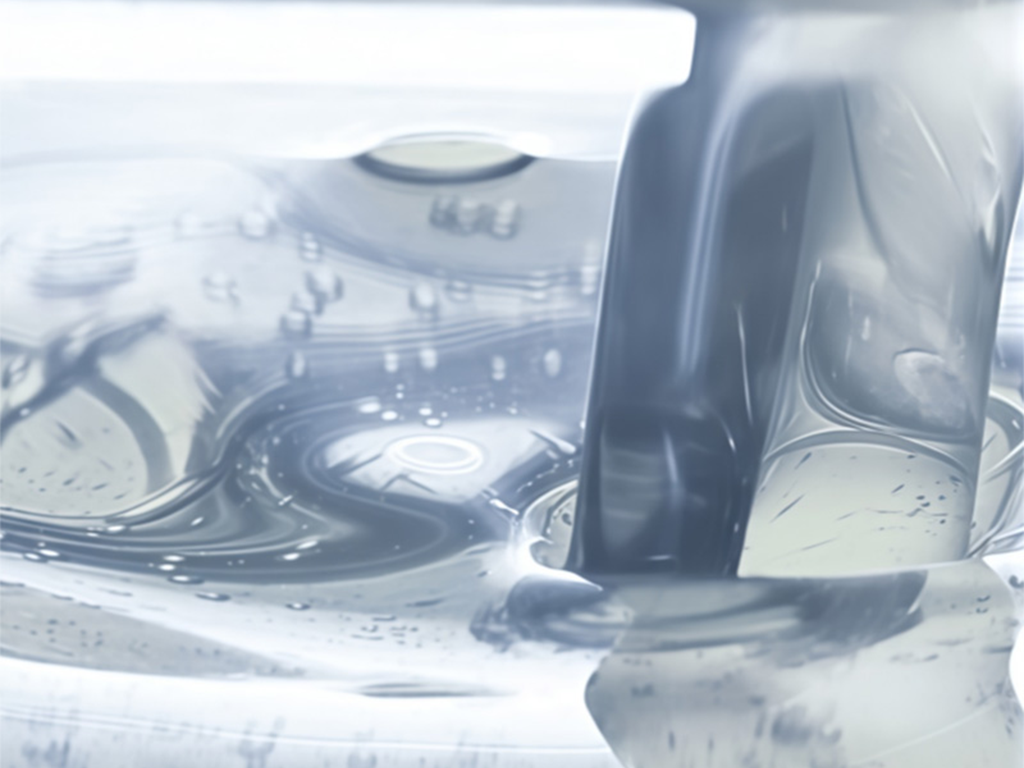O processo de produção de polímeros acrílicos envolve a polimerização de monômeros acrílicos para formar polímeros de cadeia longa, com variações na técnica dependendo da forma do produto desejado (emulsão, solução ou sólido). O processo geralmente começa com a preparação do monômero: seleção e purificação de monômeros como acrilato de 2-etil-hexila, acrilato de metila e ácido acrílico, garantindo que atendam aos padrões de pureza (≥99%) para evitar interrupções na polimerização. A polimerização em emulsão, o método mais comum para sistemas aquosos, envolve a dispersão dos monômeros em água com surfactantes para formar micelas, e então são adicionados iniciadores (por exemplo, peróxidos) para iniciar a polimerização a 60-90°C. Este processo produz emulsões estáveis utilizadas em adesivos e revestimentos, com a E Plus Chemical Co., Ltd. utilizando linhas totalmente automatizadas para controlar a temperatura, agitação e taxa de adição de monômeros, garantindo tamanho de partícula e viscosidade consistentes. Na polimerização em solução, os monômeros são dissolvidos em solventes orgânicos, utilizando iniciadores para formar polímeros que posteriormente têm o solvente removido, sendo adequada para revestimentos de alto teor de sólidos. A polimerização em massa, na qual os monômeros reagem sem solventes, é utilizada para polímeros sólidos, mas requer gerenciamento cuidadoso do calor para evitar reações descontroladas. As etapas pós-polimerização incluem neutralização (para ajustar o pH), filtração (para remover impurezas) e adição de aditivos (por exemplo, antiespumantes, estabilizantes). O controle de qualidade envolve testes para determinar peso molecular, viscosidade e teor de sólidos, com a E Plus Chemical utilizando tecnologia avançada de polimerização catalítica para otimizar as propriedades dos polímeros. A cadeia integrada de produção, da síntese do monômero à formulação do polímero, garante eficiência e qualidade, apoiando a produção em larga escala (240.000 toneladas/ano para resinas aquosas na E Plus Chemical) para atender à demanda do mercado.
